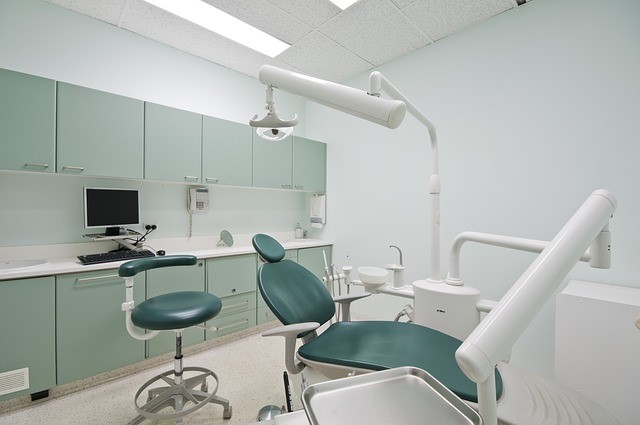Dental Hygiene Tips – Why You Should Get Your Teeth Checked at the Dentist Office

Having good oral hygiene, it is essential to check teeth and gums whether they are healthy regularly. Habits like brushing twice a day and going for regular dental checkups is a must.
Oral health is not just limited to gum diseases and cavities. Research proves that it’s more like an association between the overall health of a person’s health and a person’s mouth. Even experts are considering the problems related to oral health care problems of global health burden as well. If you want to get excellent oral hygiene, search for the dentist office open near me. Dental surgeons will help you in maintaining oral hygiene at an exceptional level.
Without proper treatment for gum problems or tooth decay, it may lead to severe pain, tooth problems, and even a lack of self-confidence. Such issues can lead a person to malnutrition, challenges in their personal and professional life, and speech issues.
Such problems can be prevented with proper dental care, whether at home or in the dentist’s clinic. Following are some of the best practices which will be helping you in keeping gum and teeth healthy.
1.Regularly Brush Your Teeth But Not Aggressively.
Most people are very well aware that brushing your teeth twice a day is the most critical practice if one is intrigued to remove plaque and bacteria and maintain oral hygiene. Brushing will be useful; only when one is using the correct technique. People should always use the brush for small circular motions, taking care of the brush to go back, front, and top each tooth. This process may take 2 and 3 minutes. Always avoid sawing back-and-forth motions.
2. Start Using Fluoride.
Fluoride is extracted from an element that is present in the earth’s soil known as fluorine. Experts believe it helps prevent cavities, which is a common ingredient in almost all kinds of toothpaste and mouthwash present in the market.
Some dental products don’t have fluoride in them, and there are people out there who are not even using it at all.
Some evidence suggests that a lack of fluoride may lead to tooth decay. In a recent review, we found that flossing and brushing may not prevent someone from getting cavities if they’re not using fluoride in the products.
3. Flossing Is Important at Least Once a Day.
Flossing can help eliminate bacteria and plaque between their teeth, where the toothbrush is unable to reach. It also helps prevent bad breath by removing food and debris trapped between the teeth.
Several studies prove that flossing is beneficial on a long-term basis, but ADA continues to recommend it. Even CDC states that people should floss their teeth.
Most dental health professionals always recommend gently pushing floss down the gum line before hugging the side of the tooth in up-and-down motions. Always keep in mind that avoid snapping floss up and down in between the teeth because it may cause pain, and it will not even remove plaque as effectively as it could have.
4. Always Visit a Dentist Regularly.
Experts always recommend people consult a dentist every six months for a checkup. Routine dental checkup, the hygienist will be cleaning teeth and will be removing hardened tartar and plaque.
The dentist will be checking visual signs for gum diseases, cavities, even mouth cancer, and other issues related to oral health. Sometimes they can even use dental X-rays to prevent cavities.
Recently conducted studies confirm that adolescents and children should go to a dentist every six months, eventually preventing cavities.
5. Do Not Smoke.
Smoking always harms the body’s immune system, and it makes things difficult for the body to heal tissues, including the tissues in the mouth.
Smoking does affect the overall appearance of the mouth, which may lead to yellowing of teeth and tongue, and it may give breath a terrible odor.
6. Considering a Mouthwash is
Some of the studies indicate certain mouthwashes will be benefiting oral health. For example, one of the reviews found that mouthwash has chlorhexidine, an antibacterial ingredient, which helps control gingivitis and plaque. Mouthwashes that have certain essential oils are effective on the same note, according to a meta-analysis.
